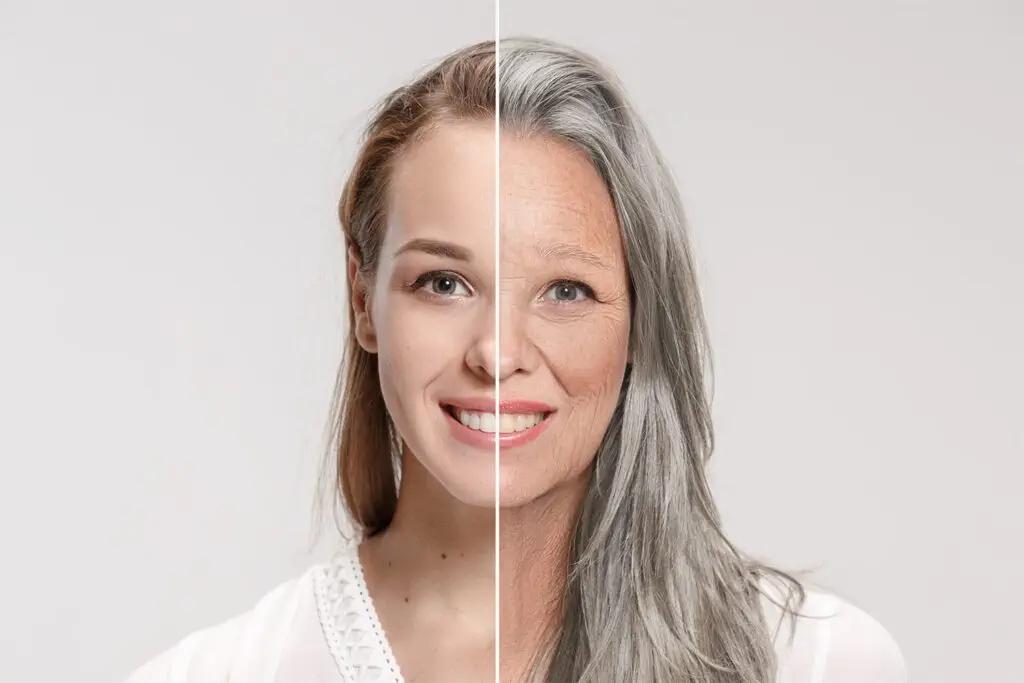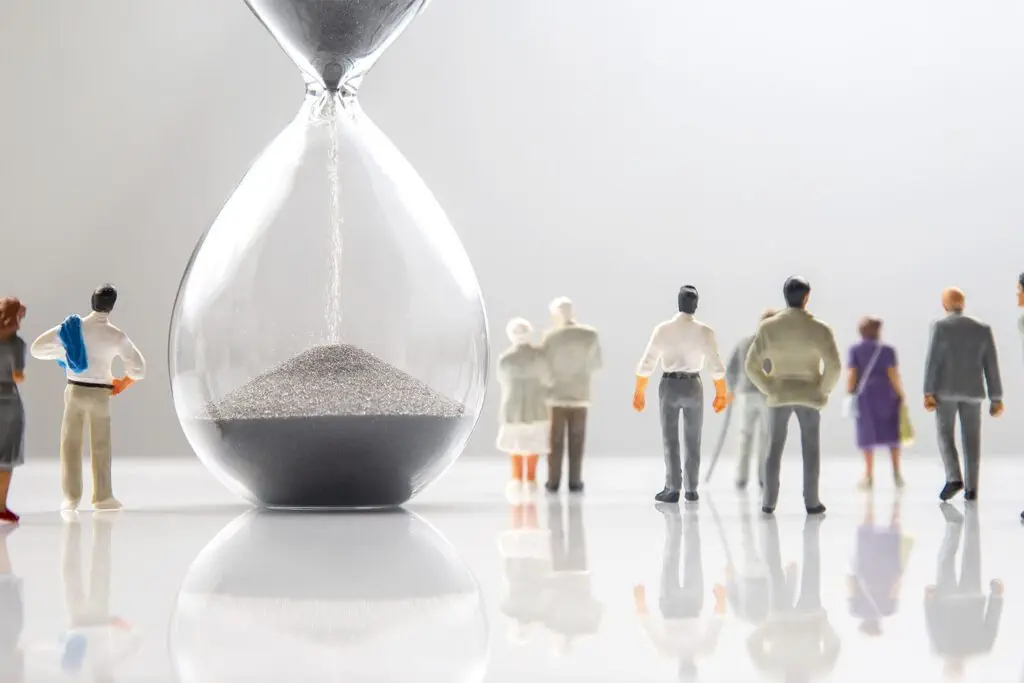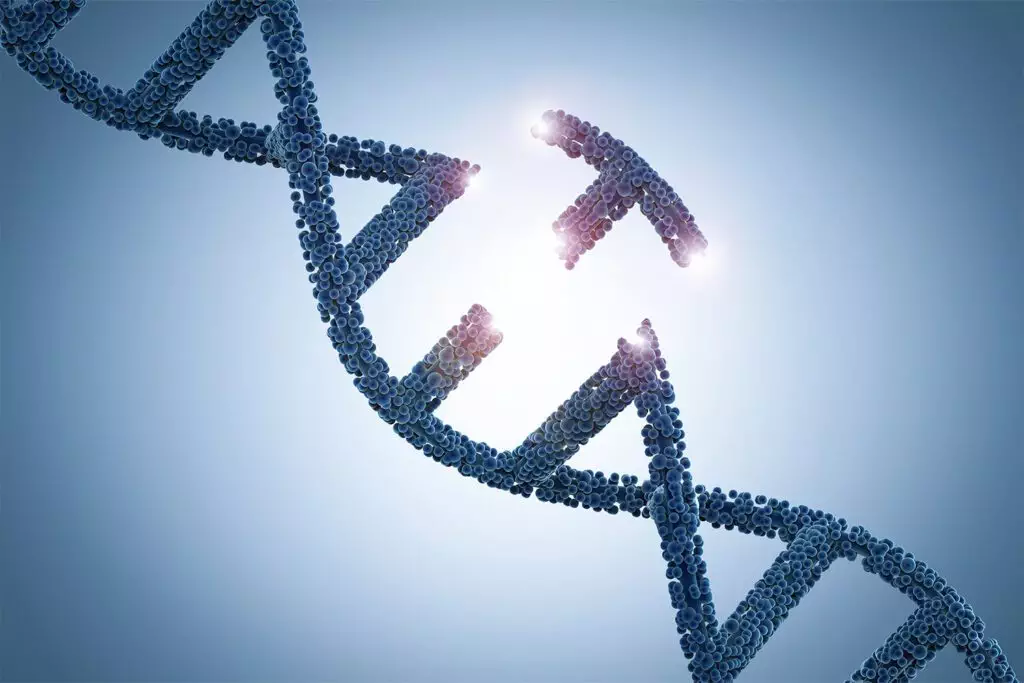Being tired can sometimes feel like a constant state of being, especially in today’s busy world. Often, people don’t realize just how much energy they could have if they got the proper amount of sleep. Although there are no quick fixes or elixirs, there are certain steps you can take to boost your energy levels.
What Is Fatigue and Low Energy?
Fatigue is extreme sleepiness resulting in mental or physical exertion, while low energy is the bi-product. The feeling of being tired or fatigued is often a side effect of periodic lack of sleep or too much exertion without enough sleep.
With this in mind, how can you better prevent the feeling of the effects of being tired or lacking energy? Let’s explore symptoms, causes, and action plans to better prevent low energy.
What Are the Primary Symptoms of Sleep Loss?
Symptoms of sleep loss, poor sleep, and sleep disorder vary from person to person. Depending on just how sleep-deprived you are, there can be a broad range of side effects, with daytime sleepiness or a midday slump being some of the most common.
First and foremost, we all know the common saying “that the average adult requires about 8 hours (give or take) of sleep” per night to perform daily tasks to the best of your abilities. We now know that saying isn’t far off from the truth.
In fact, sleep is so important at each stage of life that studies have been done to see exactly how much sleep you actually need based on your age.
Furthermore, sleep is commonly thought to be a primary factor in the feeling of low energy and the cycle of fatigue.
Primary factors of sleep loss include:
- Stress
- Job obligations
- Poor time management
- Young children
- Medical conditions such as insomnia
- Vitamin deficiencies or inadequate carbs
- Energy drinks
- Poor diet
- Disrupted sleep cycles, such as from blue light exposure
- Age
Make sure to consider factors such as your age and general habits when trying to formulate a game plan to eliminate your fatigue.
What Are the Levels of Sleep Loss?
If you are unsure of the severity of your sleep deprivation, here are the stages of sleep loss and the symptoms you may be experiencing at each level.
In general, your sleep over the week will vary and depend on outside factors in your life. It is very important to monitor and gauge your sleep schedule, as sleep is crucial to maintaining a healthy lifestyle.
To better understand the levels of sleep deprivation, here is a breakdown of the different stages and symptoms you may be experiencing.
- Sleepy/drowsy: irritability, increased level of stress, low energy, as well as delayed reaction time
- Tired: impaired memory, difficulty retaining new information, increased level of errors, as well as low appetite
- Fatigue: depersonalization, high levels of anxiety, decrease in energy, and high levels of irritability
- Exhaustion: disordered thinking, impaired emotions, inability to properly portray emotional response, complete loss of appetite, as well as little to no motivation or stamina
Factors To Think About
Although there are controllable factors that reduce sleep, some external factors are out of your control. These include your age and certain medical conditions.
Your Age
Your age can significantly affect how often and how well you are able to sleep. Studies show sleep patterns and your ability to fall into a deep sleep are altered as you age. Thus, it is essential to understand how aging can cause altered sleeping habits.
You can try these solutions to combat the effects of aging:
- Light snacking
- Avoiding caffeine
- Regular exercise routine
- Avoid stimuli such as TV or computers before bed
- Avoid tobacco products
- Ask your Physician if any of your medications could be impacting your sleep
Future Advancements
Although some people are more prone to feeling tired based simply on genetic tendencies, new advancements in science and technology are paving the way to improve the quality of life for people of all ages, genders, and ethnicities.
In addition to GenFlow Biosciences, the interprofessional collaboration and partnership amongst groups such as Pfizer, Harvard, among many others, have achieved exciting advances in what is collectively and colloquially referred to as anti-aging biotechnology.
Extensive research is being done to crack the “mystery” of aging and the so-called symptoms that come with it, such as being prone to exhaustion.
By taking a closer look at the SIRT6 genes that code for the SIRT6 protein, a protein that is actively involved in repairing damaged DNA studies, there could be potential anti-aging effects. It is the budding of future advancements like this discovery here that could improve the quality of life for longer and the duration of life.
Medical Conditions and Fatigue
To ensure your safety, if you are experiencing sudden fatigue or you cannot solve your lack of energy issues, talk to your primary physician to rule out any potential health problems.
Treatments for Sleep Loss
Taking steps in your everyday routine to ensure deep and restful sleep can be easy and highly effective. Sleep is essential for children and adults alike. Being proactive with your sleeping habits may lead to better overall health and wellness.
Here are some crucial steps you can take to ensure better sleep:
- Napping
- Good hygiene
- Light therapy
- Nightly routine
- Strict sleep schedule
- Avoiding electronics before bed
- Climate management
- Avoid eating meals or snacks three hours before you go to sleep
- Relaxation techniques, like meditation or yoga before bedtime
Is There Such a Thing As Too Much Sleep?
To ensure the proper amount of sleep, simply get the proper sleep quality for your age group and listen to your body — get up when your body naturally wakes up.
People love their sleep; however, over napping, going to bed too early, or getting up late can be just as detrimental or worse as too little sleep.
How To Counter Fatigue and Feel Less Tired
If you feel tired or have low energy, there are a few simple lifestyle changes you can try to feel more energetic and lessen your fatigue.
Take a look at the essential tips known today.
- Maintain a balanced diet full of protein, complex carbohydrates, key vitamins, magnesium, healthy snacks like yogurt, sweet potatoes, and sources of healthy fats like peanut butter
- Limit your caffeine and alcohol intake to regulate blood sugar levels and limit energy crashes
- Limit or quit your use of tobacco products
- Frequent exercise, such as a brisk walk, can provide an energy boost
- Drink enough water to prevent dehydration
- Manage your emotions, and consider a therapist if needed
- Ensure time for rest and fun activities
- Get professional medical advice to rule out health issues that could be causing fatigue
- Talk to your doctor about prescription medications or melatonin for sleep
Improving your sleep schedule is something to seriously consider when feeling tired and wanting to become more energized.
Sources:
Depersonalization-derealization disorder | Mayo Clinic
How Much Sleep Do We Really Need? | Sleep Foundation











